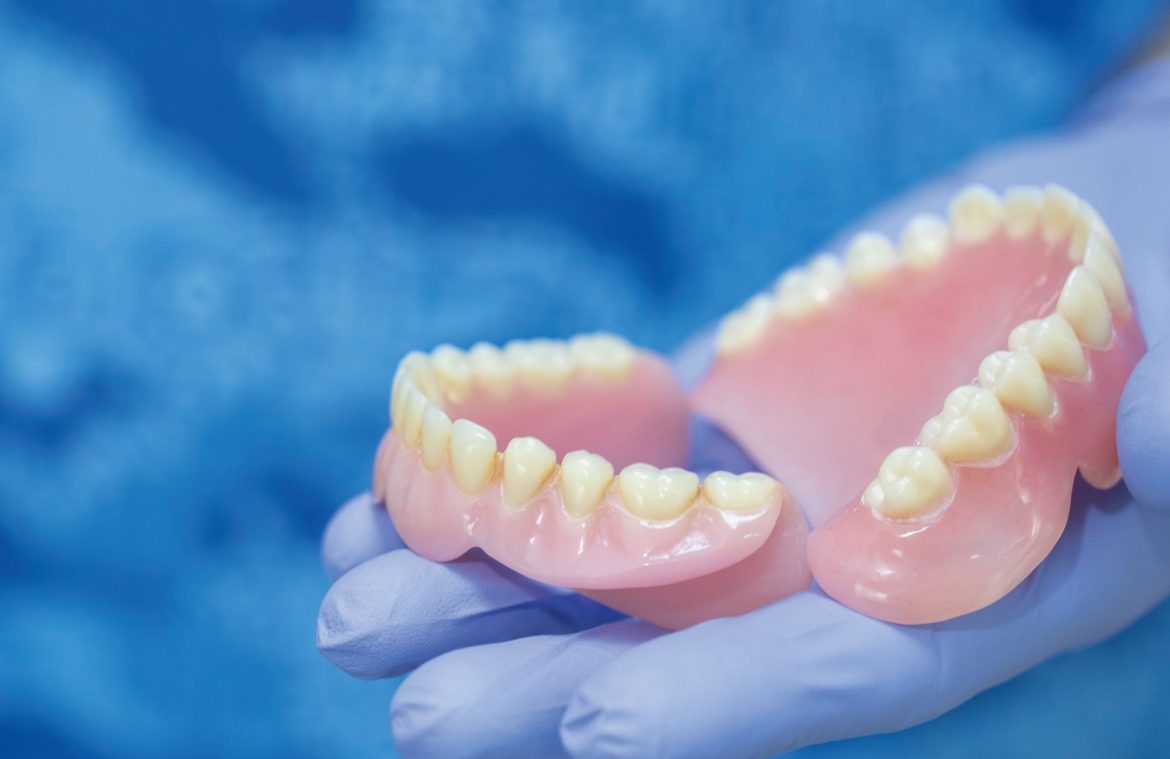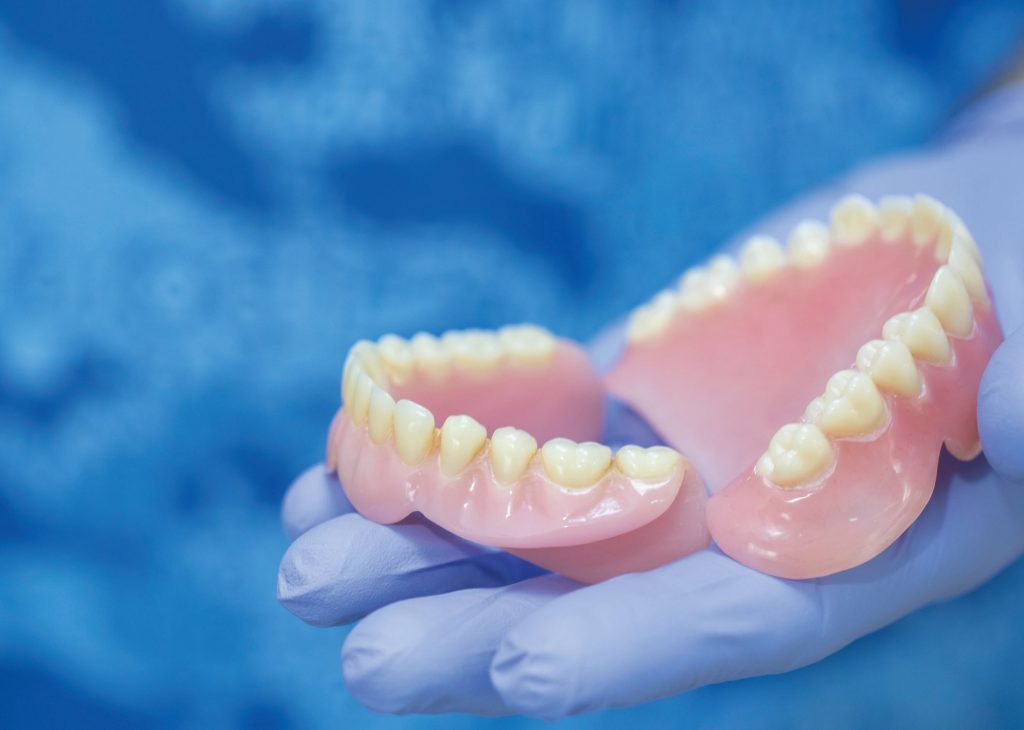

Dentures are removable artificial teeth crafted from acrylic (plastic), nylon, or metal. They fit snugly over the gums, filling gaps caused by missing teeth and preventing associated problems with eating and speech. Missing teeth can cause neighboring teeth to shift, potentially leading to misalignment or discomfort. Dentures provide a functional and aesthetic solution, restoring your ability to chew, speak clearly, and smile confidently.
Modern dentures have evolved to look more natural and feel more comfortable. While they may take some time to get used to, they offer an effective alternative for those missing some or all of their teeth, helping to restore both functionality and appearance.
Types of Dentures
There are two primary types of dentures, distinguished by the number of missing teeth:
Complete Dentures
Used for: Patients who have lost all their natural teeth.
Types:
Immediate Dentures: Placed immediately after tooth extraction. These allow patients to have teeth right after extraction but may require adjustments as the gums heal and shrink.
Conventional Dentures: Fitted several weeks after the gum tissues have healed, typically offering a better fit than immediate dentures.
- Partial Dentures
Indicated for: Patients who have some natural teeth still intact.
Design: Partial dentures are crafted with replacement teeth attached to a gum-colored base, often reinforced by a metal framework. They can be:
Removable: Easily taken out for cleaning and maintenance.
Fixed: Secured with dental implants or other methods for a more stable solution.
Benefits of Dentures
Dentures offer numerous benefits for those who have lost teeth, including:
- Improved Appearance: Dentures restore the fullness of your smile and support facial muscles, preventing sagging.
- Better Speech and Eating: They help patients speak more clearly and enjoy foods that require teeth for proper chewing.
- Custom Design: Dentures are crafted to fit your unique mouth structure, ensuring comfort and function.
- Easy Maintenance: Dentures are removable, making cleaning simple and convenient.
The Denture Treatment Process
For most patients, the process of getting dentures is straightforward and involves the following steps:
Mouth Impressions: The dentist takes precise impressions of your mouth to create a mold for your custom dentures.
Bite Measurement: A bite measurement is taken to ensure the dentures align properly with your jaw
Trial Fitting: A trial denture is produced to evaluate the fit and appearance, with adjustments made as needed.
Final Insertion: The final set of dentures is inserted, providing you with a comfortable and functional tooth replacement.










